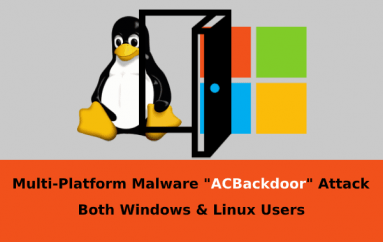
Any computer connected to the internet can be hacked by the US Government without a warrant, court rules
If a computer has a connection to the internet means no warrant is required for the US government to hack it, a Virginia court has ruled.
The judge angered privacy campaigners by reasoning that since no connected computer “is immune from invasion”, no user should ever expect their their activity to remain secret.
The decision was part of a case brought after an investigation into “Playpen”, a child porn website on the dark web, which the FBI hacked to find offenders.
Following the investigation, hundreds were prosecuted for offences relating to indecent imagery.
But despite the unsympathetic defendants in these cases, privacy campaigners warned the ruling had wider implications.
Scarlet Kim, legal officer at Privacy International, told The Independent the verdict would have “astounding implications for the privacy and security of anyone who owns an electronic device”.
“The district court’s dangerous evisceration of a core constitutional protection would render all our personal digital devices susceptible to warrantless search or seizure by the government,” she said.
“The justification that the rise in hacking destroys a reasonable expectation of privacy in these devices is illogical and absurd.
“Just because lock-picking is a well-known technique for breaking into homes hardly eliminates our expectation of privacy in that sphere.”
According to court documents, Playpen had over 150,000 members. Over two weeks, the FBI hacked into over 1,000 computers using a single warrant.
Senior District Judge Henry Coke Morgan Jr upheld the use of the warrant.
“Here, the court finds that defendant possessed no reasonable expectation of privacy in his computer’s IP address, so the Government’s acquisition of the IP address did not represent a prohibited Fourth Amendment search,” the judge wrote in his ruling.
“Generally, one has no reasonable expectation of privacy in an IP address when using the Internet.”
Source | Independent




